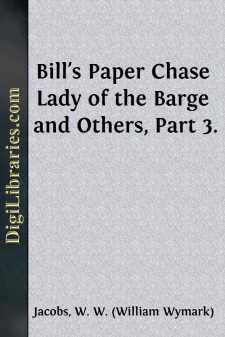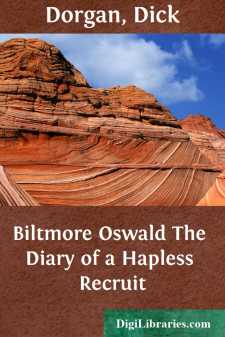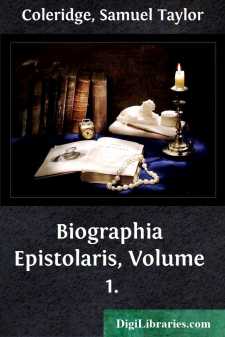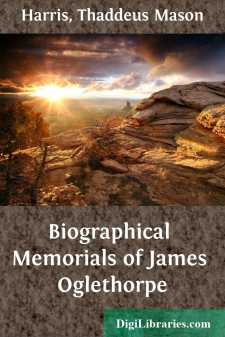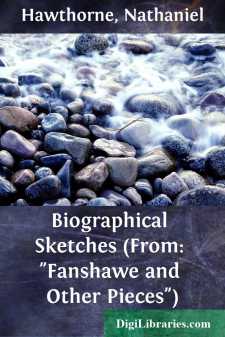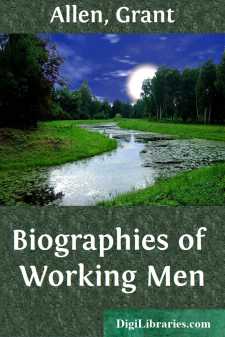Fiction
- Action & Adventure 180
- Biographical 15
- Christian 59
- Classics 6965
- Coming of Age 5
- Contemporary Women 3
- Erotica 8
- Espionage/Intrigue 12
- Fairy Tales, Folklore & Mythology 236
- Family Life 169
- Fantasy 117
- Gay 1
- General 596
- Ghost 32
- Historical 808
- Horror 43
- Humorous 160
- Jewish 25
- Legal 4
- Medical 22
- Mystery & Detective 315
- Political 49
- Psychological 41
- Religious 64
- Romance 159
- Sagas 11
- Science Fiction 730
- Sea Stories 113
- Short Stories (single author) 537
- Sports 10
- Suspense 1
- Technological 8
- Thrillers 2
- Urban Life 31
- Visionary & Metaphysical 1
- War & Military 173
- Westerns 199
Fiction Books
Sort by:
BILL'S PAPER CHASE Sailormen 'ave their faults, said the night watchman, frankly. I'm not denying of it. I used to 'ave myself when I was at sea, but being close with their money is a fault as can seldom be brought ag'in 'em. I saved some money once—two golden sovereigns, owing to a 'ole in my pocket. Before I got another ship I slept two nights on a doorstep and...
more...
Had the Wilmot Electric Light people remained content only to make light, had they not, as a by-product, attempted to make money, they need not have left Hayti. When they flooded with radiance the unpaved streets of Port-au-Prince no one, except the police, who complained that the lights kept them awake, made objection; but when for this illumination the Wilmot Company demanded payment, every one up to...
more...
by:
Dick Dorgan
BILTMORE OSWALD The Diary of A Hapless Recruit Feb. 23d. "And what," asked the enlisting officer, regarding me as if I had insulted him, his family and his live stock, "leads you to believe that you are remotely qualified to join the Navy?" At this I almost dropped my cane, which in the stress of my patriotic preoccupation I had forgotten to leave home. "Nothing," I replied,...
more...
by:
Ouida
THE NURNBERG STOVE August lived in a little town called Hall. Hall is a favorite name for several towns in Austria and in Germany; but this one especial little Hall, in the Upper Innthal, is one of the most charming Old-World places that I know, and August, for his part, did not know any other. It has the green meadows and the great mountains all about it, and the gray-green glacier-fed water rushes by...
more...
CHAPTER I THE BINDLES AT HOME "Women," remarked Bindle, as he gazed reflectively into the tankard he had just drained, "women is all right if yer can keep 'em from marryin' yer." "I don't 'old wiv women," growled Ginger, casting a malevolent glance at the Blue Boar's only barmaid, as she stood smirking at the other end of the long leaden counter....
more...
The work known as the Biographical Supplement of the Biographia Literaria of S. T. Coleridge, and published with the latter in 1847, was begun by Henry Nelson Coleridge, and finished after his death by his widow, Sara Coleridge. The first part, concluding with a letter dated 5th November 1796, is the more valuable portion of the Biographical Supplement. What follows, written by Sara Coleridge, is more...
more...
CHAPTER I. Parentage of Oglethorpe—Birth—Education—Christian Name—Education—Military Profession and Promotion—In the Suite of the Earl of Peterborough—Service under Prince Eugene of Savoy—Elected Member of Parliament—Visits a Gentleman in Prison—Moves in the House of Commons for a redress of the rigors of Prison Discipline—Appointed on the Committee—Extracts from his Speeches in...
more...
The character of this female suggests a train of thought which will form as natural an Introduction to her story, as most of the Prefaces to Gay's Fables, or the tales of Prior; besides that, the general soundness of the moral may excuse any want of present applicability. We will not look for a living resemblance of Mrs. Hutchinson, though the search might not be altogether fruitless. But there...
more...
CHAPTER I. When Edward Temple was about eight or nine years old he was afflicted with a disorder of the eyes. It was so severe, and his sight was naturally so delicate, that the surgeon felt some apprehensions lest the boy should become totally blind. He therefore gave strict directions to keep him in a darkened chamber, with a bandage over his eyes. Not a ray of the blessed light of heaven could be...
more...
by:
Grant Allen
THOMAS TELFORD, STONEMASON. High up among the heather-clad hills which form the broad dividing barrier between England and Scotland, the little river Esk brawls and bickers over its stony bed through a wild land of barren braesides and brown peat mosses, forming altogether some of the gloomiest and most forbidding scenery in the whole expanse of northern Britain. Almost the entire bulk of the counties...
more...


